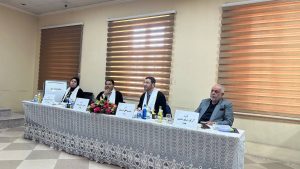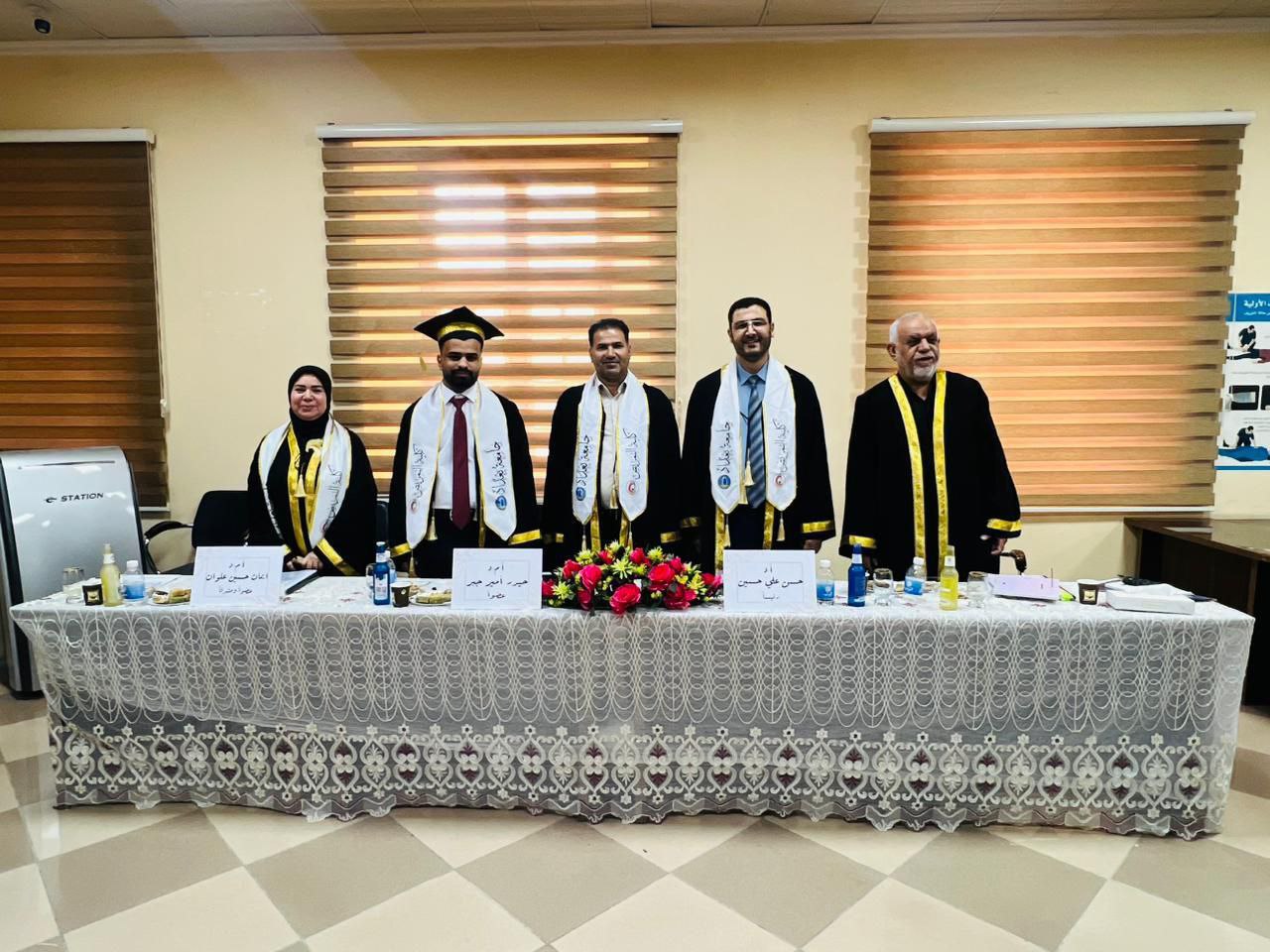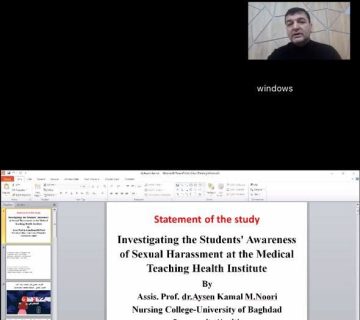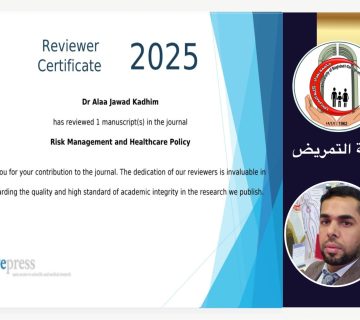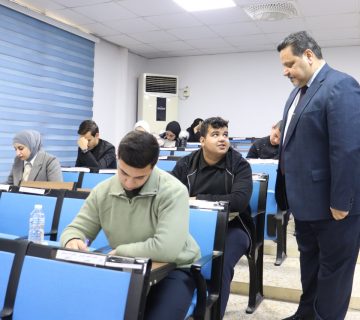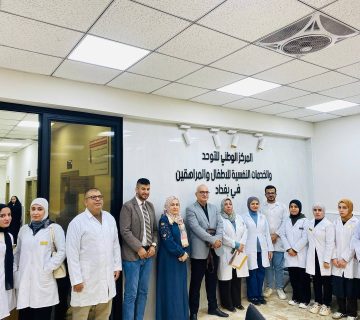The College of Nursing at the University of Baghdad discussed an in-depth master’s thesis entitled “The Relationship Between Religiosity, Depression, and Psychological Resilience in Muslim Elderly People.” The thesis was presented by student Hasnin Fadhil Jabbar, under the supervision of Assistant Professor Dr. Iman Hussein Alwan in the Skills Hall
It aimed to explore the complex links between these three variables among the elderly in Muslim society. The study reached remarkable results, showing that 73% of Muslim elderly people have a high level of religiosity. This high level of religiosity was found to be negatively associated with depression, with a correlation coefficient of (-0.569), suggesting that religiosity may be a protective factor against depression. In contrast, religiosity was positively associated with psychological resilience, reflecting its role in enhancing the ability to cope with challenges.
The study also revealed a strong negative correlation between depression and psychological resilience, confirming the known relationship between these two concepts. The high level of religiosity that emerged in the study can be explained by the predominantly religious nature of Iraqi society, especially among older people.
Based on these findings, the study recommended the need to support mental health by promoting the role of spiritual therapy in treating mental disorders, especially depression. It also emphasized the importance of health and psychological institutions integrating and promoting the role of spiritual therapy and religiosity in their treatment programs, especially when dealing with depression among older Muslim adults. Researcher Hassanin Fadel Jabbar received a “very good” grade for his thesis, reflecting the importance of the study and the quality of the research that was accomplished.
This study is directly aligned with the Sustainable Development Goals, specifically Goal 3: “Good Health and Well-being” and Goal 4: “Quality Education.”
